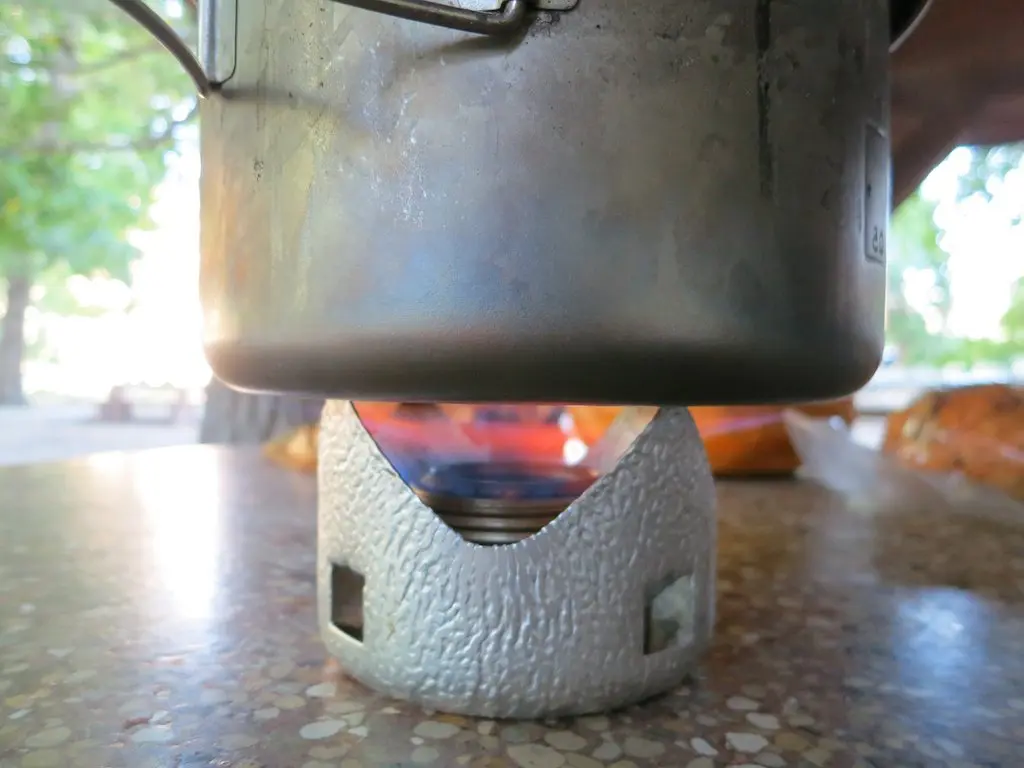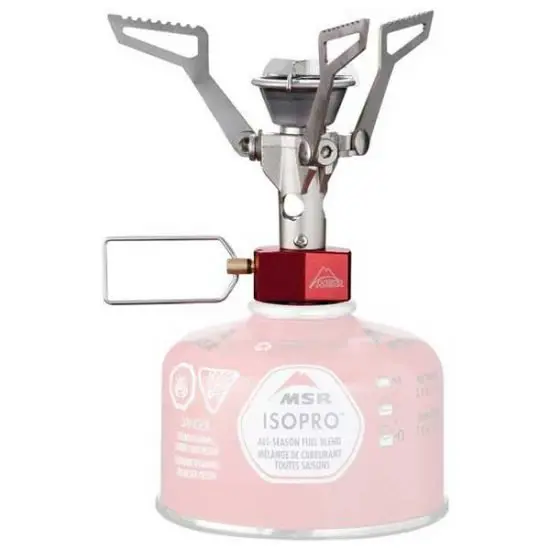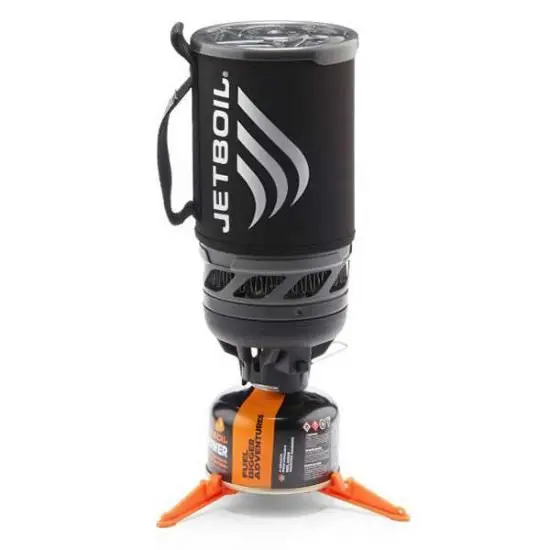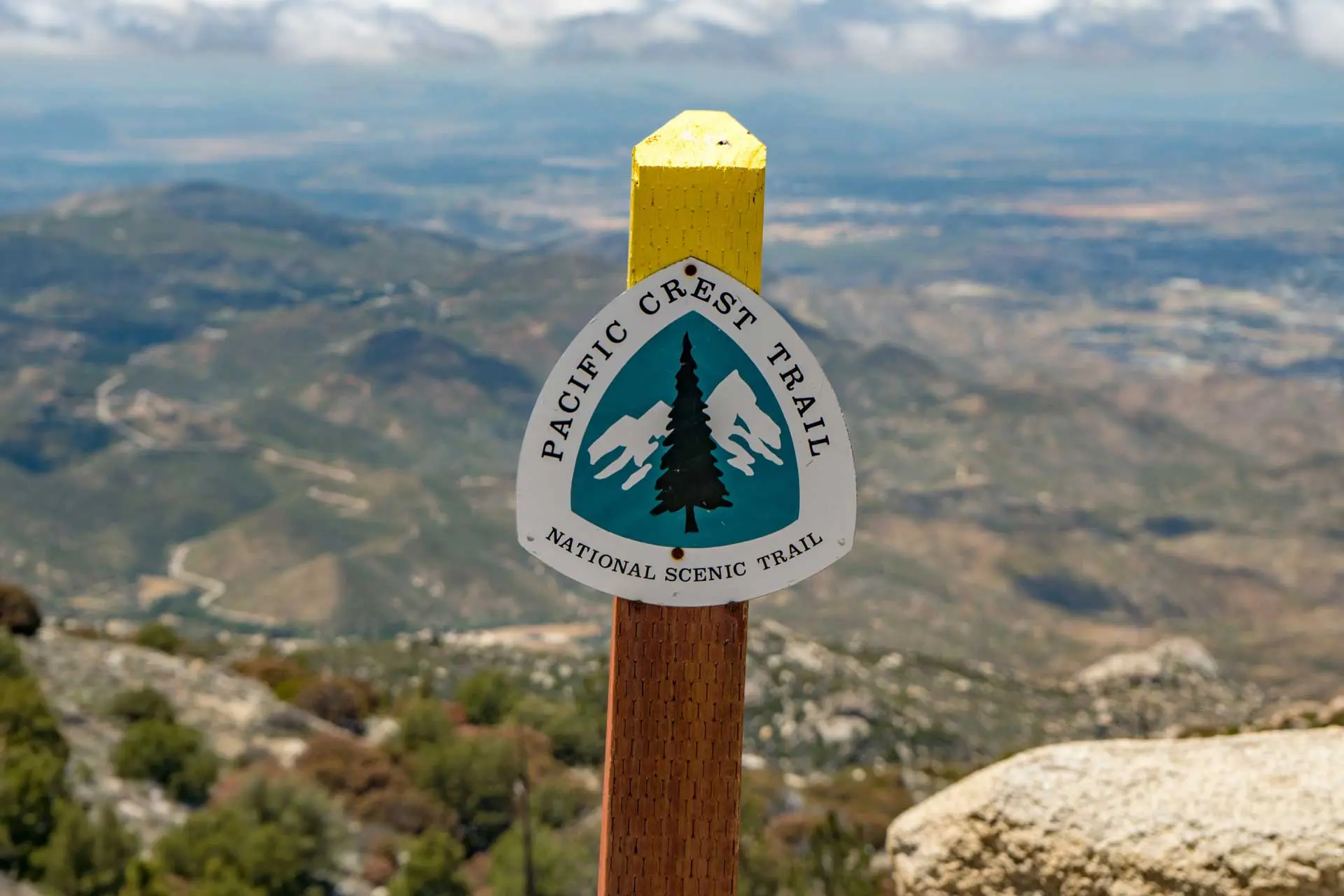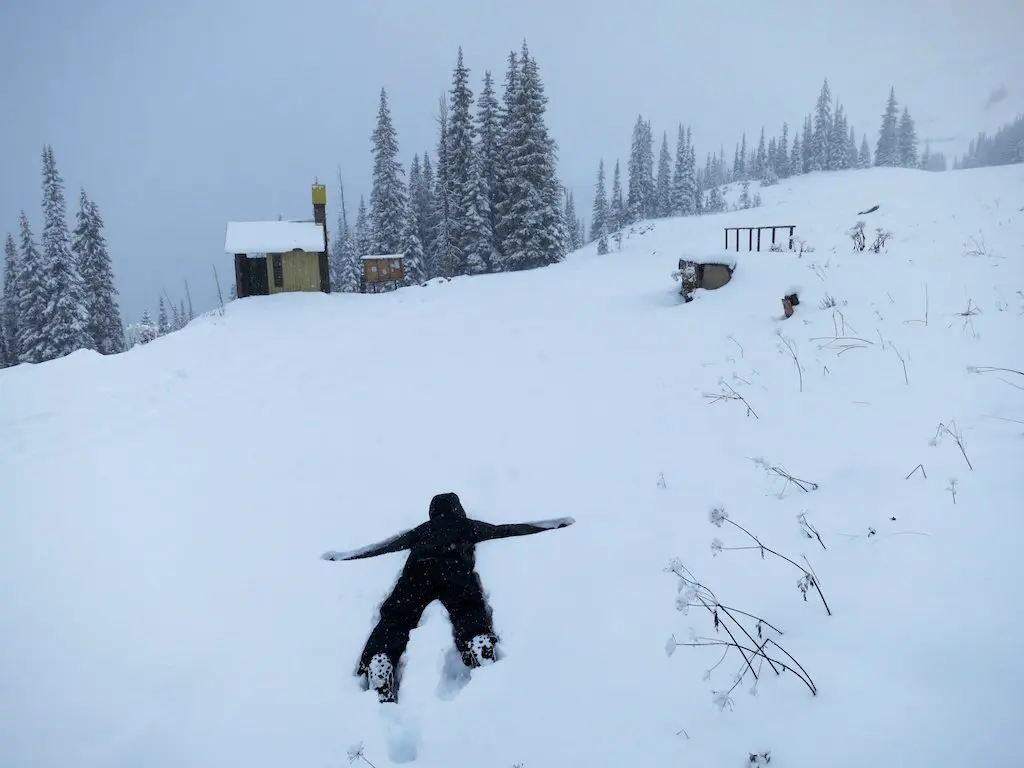Stoves and Cooking on the Pacific Crest Trail
Cooking out in the wilderness can be an exciting daily event or a tedious unnecessary chore. Personally, I grew to hate cooking on the Pacific Crest Trail, and ultimately, I decided to go stoveless.
Your choices when it comes to stoves can be narrowed down into two general categories: canister stoves and non-canister stoves. Canister stoves use compressed gasses (ex. propane or white gas), and non-canister burn solid esbit fuel tablets, biomass (ex. wood), or a combustible liquid such as denatured alcohol or HEET.
The three most popular stoves (I saw) out on the Pacific Crest Trail were alcohol stoves, MSR Pocket Rockets, and Jetboils.
Alcohol Stoves

+ Probably the lightest option available
+ You can make one yourself for incredibly little money
+ Compact and easy to store
+ Fuel is generally quite easy to come by
– The weight of your liquid fuel can quickly dilute your stove weight savings
– Lack of an on/off switch makes alcohol stoves dangerous if not used properly
– You will encounter many people who do not know what denatured alcohol is when you go into stores looking for it
Formerly the most popular choice among Pacific Crest Trail thru-hikers, alcohol stoves come in a wide variety of styles. From ultra-inefficient DIY cat can stoves to more carefully crafted aluminum pieces that claim to provide superior cookability, I opted to bring along an alcohol stove on my first PCT thru-hike. That said, I would not recommend it.
Some people claim that all alcohol stoves are equally inefficient. Still, I can personally attest to more quality alcohol stoves providing much more efficient burns than the DIY cat can stoves.
MSR Pocket Rocket
+ The stove is light – it weighs only three ounces
+ Efficient and can be lit without priming
+ Boils water much more quickly than an alcohol stove
– Canisters can weigh between 6.7 and 12 ounces
– Balancing your pot on it can be tricky for larger meals
– Canisters can be difficult to come by in remote areas
The MSR Pocket Rocket is also a popular choice on the trail. It is a lightweight canister stove that can easily win you over if you find yourself frustrated with your alcohol stove.
Jetboil
+ The Jetboil pot easily doubles as a mug, and can be eaten out of with ease
+ The boiling time of water in a Jetboil is ludicrously fast
+ The lid features a pour spout and built-in strainer
+ Packs into itself for easy storage
– Jetboils are heavy when compared with the alternatives
– New canisters can be difficult to come by in remote areas
– Jetboils are expensive compared to the alternatives
Another variation of the canister stove, the Jetboil, is a popular choice among hikers (despite being one of the heaviest and most expensive options available). The speed with which a Jetboil is capable of boiling water is truly remarkable.
